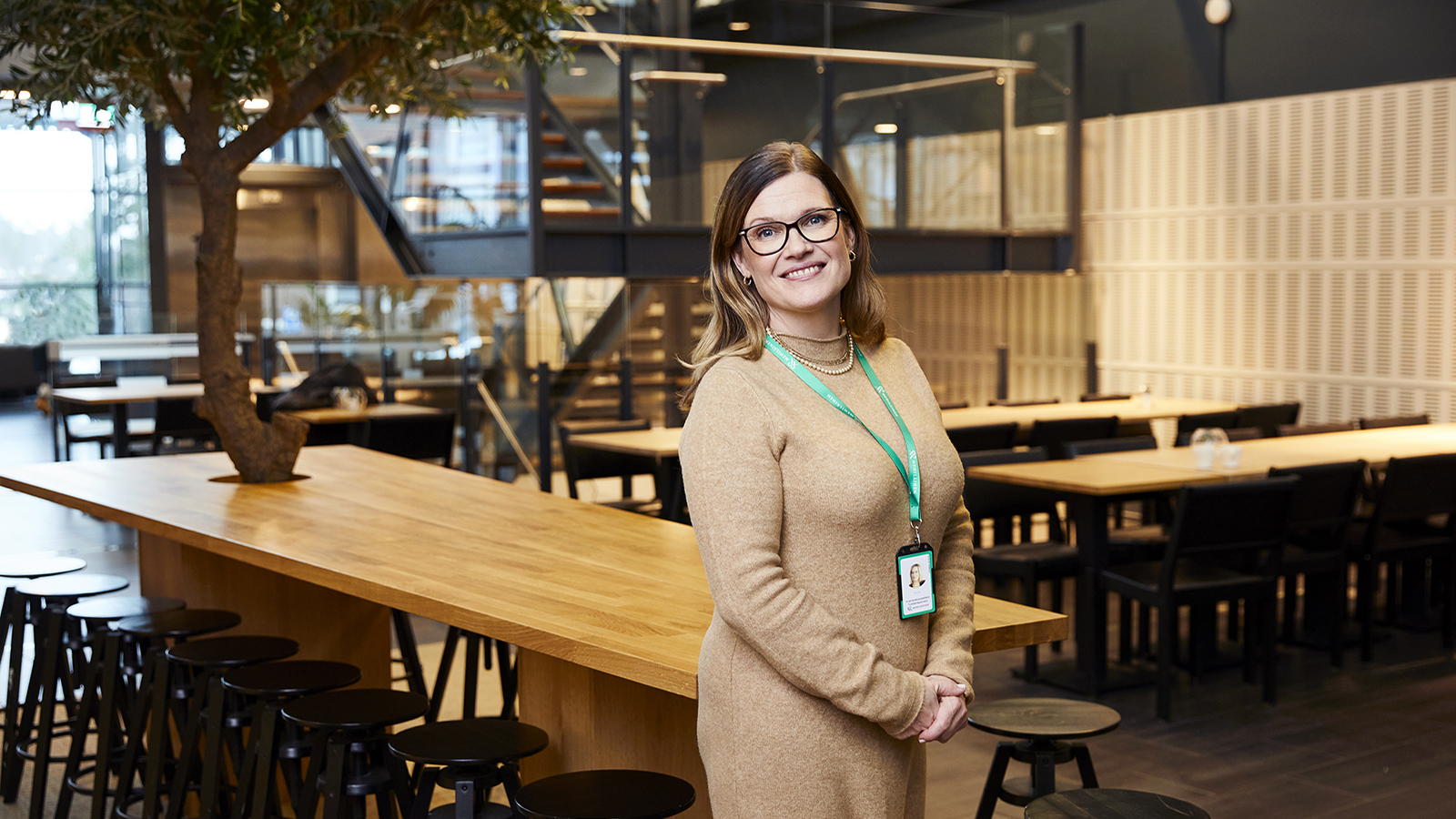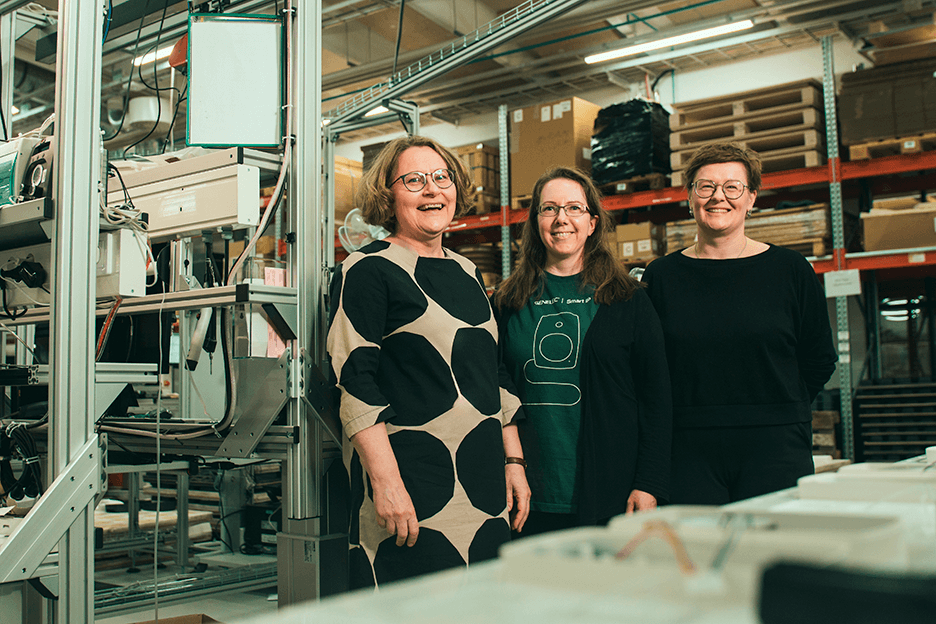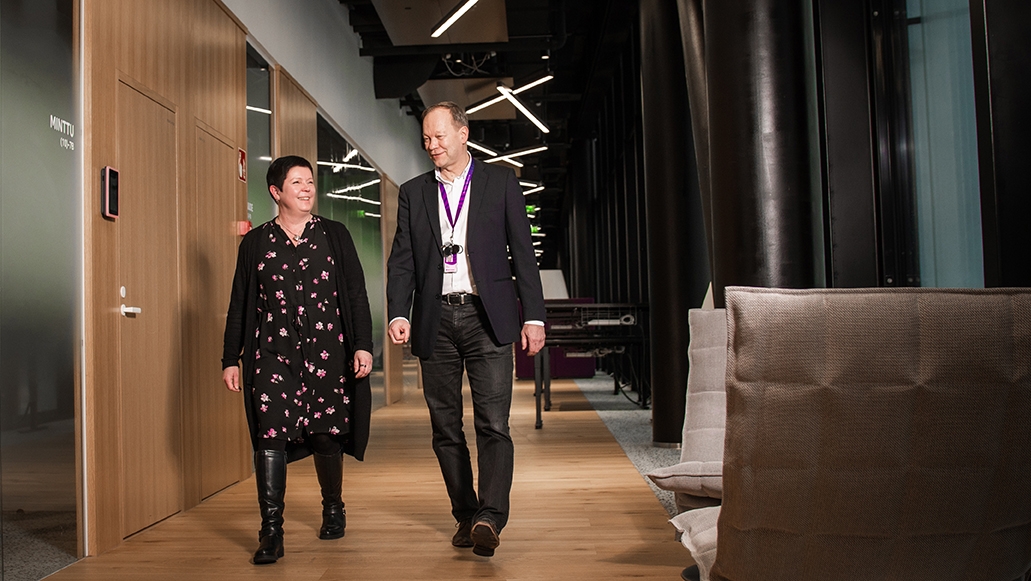

Working Life Services
On a mission for working life
Mehiläinen Working Life Services provides work communities and individuals with comprehensive and modern occupational health and well-being services that support their management. Our service selection is supplemented by the most cutting-edge digital services of the industry. We offer a wide range of efficient services for businesses of all sizes regardless of the industry, always mindful of varying customer needs.
The needs of corporate and private occupational health customers are at the core of Mehiläinen Working Life Services and form the basis of all our operations. We cooperate with our corporate customers confidentially and invest in understanding the overall situation of the customer and joint knowledge-based management.
Current topics within Working Life Services
Current contents, articles, news and services of working life.

Working Life Survey 2025
Up to 67% of managers find their job expectations impossible.

Working Life Services — working life influencer
Building healthy and successful working life with our customers

Customer satisfaction in Working Life Services
The continuous measurement of customer satisfaction provides guidelines for the development of our operations.

Webinar series on cooperation in occupational health
A series of webinars on working with our clients on occupational health. All previous webinars are available as recordings.

Responsibility in occupational health cooperation
Developing more responsible working life together with our customers.

Multiculturalism in the work community
Managing multiculturalism in the workplace brings significant benefits to the company.
Our corporate customers recommend us
See our customer references and learn more about why our customers have chosen Mehiläinen as their occupational health partner, what they are most satisfied with and how Mehiläinen has provided them with the best possible solutions.
![]()
Caverion
Close and open cooperation with Mehiläinen has strengthened well-being at work.
![]()
![]()
Satakunta University of Applied Sciences (SAMK)
Superior’s Compass to support SAMK’s organisational change.
![]()
Genelec Oy
Occupational physiotherapist's factory visits reduce sick leaves.
![]()
Telia Finland
Telia Finland carried out a business-specific workplace survey as part of its business development.
Contact us
Contact us to set up an appointment to discuss the best working life services for your business.
Tel. (switchboard): 010 414 0112 (local network rate/mobile charge)
Email: myynti@mehilainen.fi







